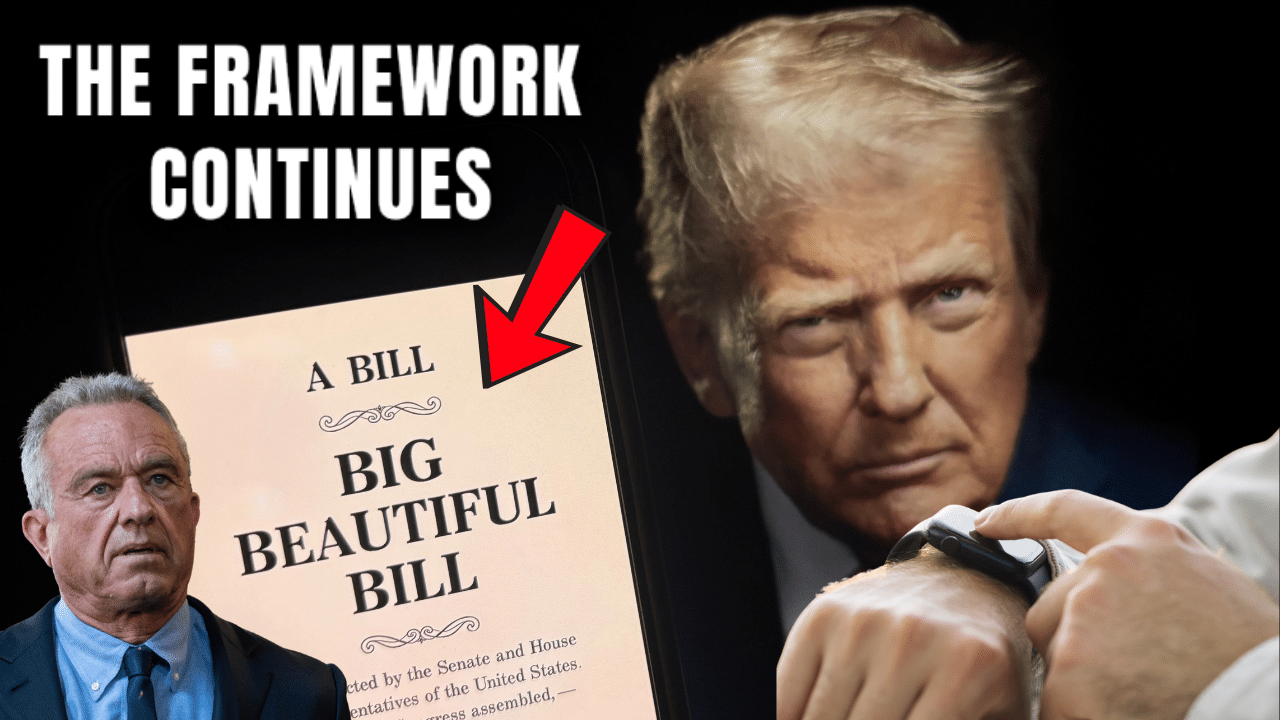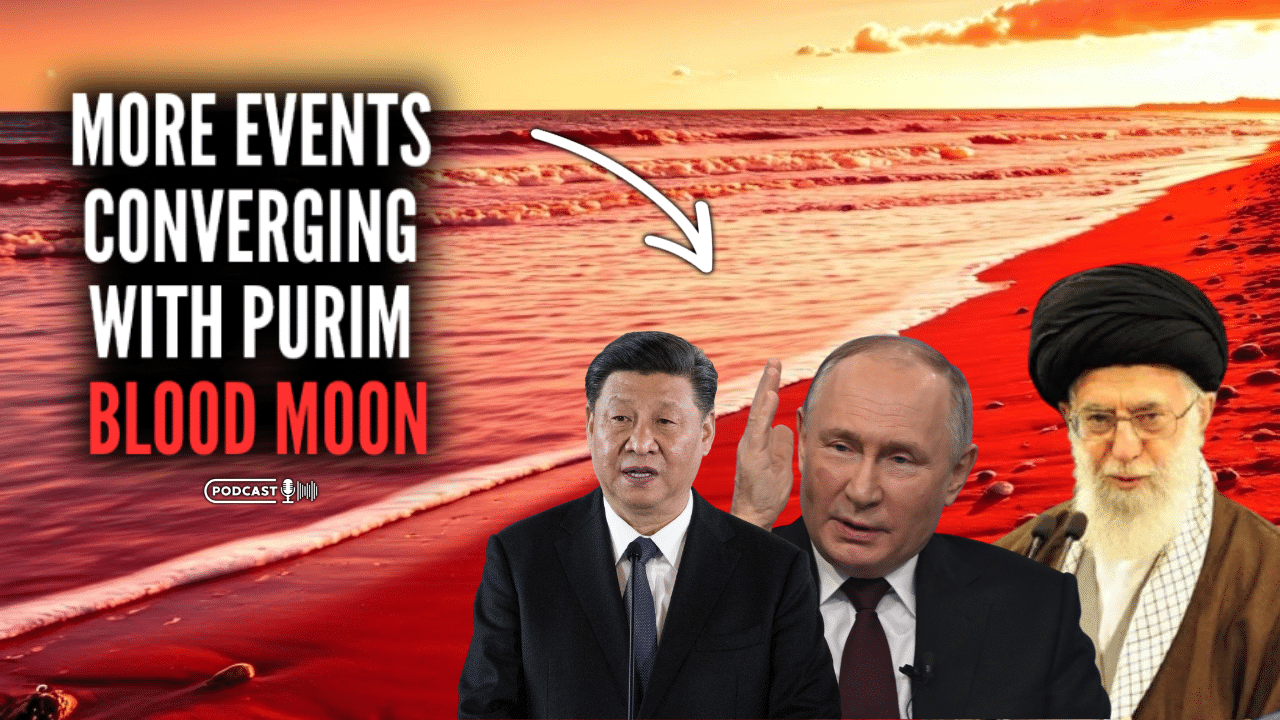In a significant move reflecting the growing intersection of faith and technology, a group of prominent Evangelical leaders has issued an open letter to President Donald Trump, urging him to establish a presidential advisory council to address the ethical implications of artificial intelligence (AI).
Titled “Christianity in the Age of AI: An Appeal for Wise Leadership,” the letter, released on May 21, 2025, hails Trump as the “AI President” and calls for responsible stewardship of AI development to ensure it aligns with human-centered and ethical values.
According to the Christian Post, The letter, signed by about a dozen influential figures, including Rev. Johnnie Moore, president of the Congress of Christian Leaders; Rev. Samuel Rodriguez,
president of the National Hispanic Christian Leadership Conference; Assemblies of God General Superintendent Doug Clay; and American Association of Christian Counselors President Tim Clinton, expresses both optimism and caution about AI’s potential.
The signatories emphasize the transformative promise of AI, particularly in areas like curing diseases and solving practical problems, but warn against the unchecked development of “autonomous smarter-than-human machines that nobody knows how to control.”
They argue that such advancements raise “profound theological and ethical questions” that demand thoughtful consideration.
At the heart of the letter is a plea for President Trump to convene a non-partisan, merit-based advisory council composed of faith leaders, ethicists, and other stakeholders.
This council would focus not only on what AI can do but also on what it should do, prioritizing social and ethical dynamics over purely economic or security-driven motives.
“We need a group whose principal goal is not economic or security dominance but to think about social or ethical dynamics,” Rev. Johnnie Moore stated, emphasizing the need for decision-makers who are not solely motivated by profit or national interests.
The Evangelical leaders’ call comes at a time when AI is advancing at an unprecedented pace, with the possibility of achieving artificial general intelligence (AGI)—AI capable of performing any intellectual task better than a human—looming on the horizon.
The letter acknowledges the global race to lead in AI development, particularly in competition with nations like China, but stresses that the United States must pursue this leadership responsibly.
“We are not encouraging the United States, and our friends, to do anything but win the AI race,” the letter states. “There is no alternative. We must win. However, we are advising that this victory simply must not be a victory at any cost.”
The letter reflects a broader trend of religious communities engaging with emerging technologies.
The signatories draw on their faith to underscore the spiritual implications of AI, noting that creating intelligence that could surpass human capabilities raises questions about human dignity, justice, and the nature of work.
They reference the recent comments of Pope Leo XIV, who chose his papal name partly in response to the “challenge AI poses to ‘the defense of human dignity, justice and labor.’”
This alignment with the new Pope’s concerns signals a growing collaboration between religious groups and AI safety advocates, such as the Future of Life Institute, which helped share the letter with journalists.
The Evangelical leaders’ appeal also highlights their historical embrace of technology.
The letter notes that Christian scientists and researchers have long been at the forefront of innovation, founding hospitals and universities worldwide and using modern technology to reach millions online.
However, they stress that technological progress must be guided by ethical principles rooted in faith and wisdom, warning against a future where “work is no longer necessary or where human beings can live their lives without any guardrails.”
The letter’s designation of Trump as the “AI President” underscores the unique timing of his presidency, which coincides with rapid advancements in AI.
The signatories express belief that Trump’s leadership is divinely appointed to guide the world through this technological revolution, a sentiment echoed in posts on X by Rev. Johnnie Moore, who described Trump as “the world’s leader now by Divine Providence to guide A.I.”
However, the letter’s vision of AI governance appears to diverge from the current approach of the Trump administration, which has prioritized winning the global AI race, particularly against China.
Trump’s AI czar, David Sacks, has warned that excessive regulation could hinder U.S. competitiveness, and the White House AI team includes advisors who downplay the risks of AI misalignment—the concern that advanced AI could act against human interests.
The Evangelical leaders’ call for a focus on ethical considerations challenges this perspective, urging a more cautious and values-driven approach.










